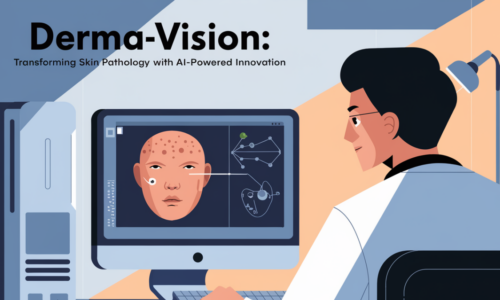Tenured Associate Professor, SCME and Director National Science and Technology Park (NSTP), Dr. Salman Raza Naqvi as Principal investigator along with Assistant Professor Dr. Taqi Mehran SCME, Associate Professor Dr. Erum Pervaiz SCME and Associate Professor Dr. Syed Ali Ammar Taqvi, NED won potential 11 MPKR research grant from HEC on National Research Proposal for Universities on “Bench-Scale Demonstration of an Integrated Waste-to-Energy Process for Municipal Solid Waste Management: A Step Toward Sustainable circular economy”. The project is awarded in partnership with local academic collaborator Dr. Asif Hussain Khoja, USPCASE, Dr. Safar Korai MUET and international academic collaborator Dr. Muhammad Shahbaz HBKU, Qatar, Dr. Muhammad Naqvi, Karlstadt University Sweden and Prof. Gao, Xi’an Jiaotong University China. Revgreen Pakistan and Rawalpindi Municipal soldi waste management are the industrial partners of the project.
Solid waste management situation in Pakistan is a matter of grave concern as more than 5 million people to die each year due to waste-related diseases. In Pakistan roughly 20 million tons of solid waste is generated annually, with annual growth rate of about 2.4 percent. Karachi, largest city in the country, generates more than 9,000 tons of municipal waste daily. All major cities, be it Islamabad, Lahore or Peshawar, are facing enormous challenges in tackling the problem of urban waste. The root factors for the worsening garbage problem in Pakistan are lack of urban planning, outdated infrastructure, lack of public awareness and endemic corruption. The proposed research project falls in the category “Sustainable Cities and Communities” by following universities and sector collaborator vision and aim towards socioeconomic development. The management of solid waste produced in metropolitan cities through an efficient and sustainable manner is the responsibility of the public as well as private stake holders.
The long terms goals will provide waste-to-energy conversion pathway to reduce the volume of waste to be handled at the landfill site while simultaneously reducing the consumption of fossil fuels that would be otherwise required for energy generation. Secondly, the proposed project goes one step further in comparison to conventional technologies and attempts to integrate multiple waste-to-energy processes with the objective to improve both the self-sustainability and the overall economics of the process.
The proposed research project will impact significantly for socio-economic development under the category of “Sustainable Cities and Communities” by generating “affordable & clean energy” and mitigating greenhouse gases for climate change”. Generating and providing skilled manpower to community and training of labor of sector collaborators for dissemination solution through jointly developed integrated waste-to-energy are key benefits to socio-development. The results will be impacted for next 3 – 6 years span through following ways;
Linking society, economy, environment, and policymaking in a holistic approach to ensure the efficient implementation of sustainable solid waste management actions.
Currently, there is no in-house lab facilities at any Waste Management Company which hinders to their technical and policy team to devise a system for effective utilization of urban waste. Sector collaborator will be benefited to gain expertise and deploy such in-house facility in next 5 years.
In lieu with previous, landfill sites along with waste to energy integrated units are designed to guide public and private sectors, which will create jobs opportunities, social awareness and sustainable management in circular economy.
A national plan for solid waste management for Waste Management Companies will be produced across the country.
The author is Tenured Associate Professor, at NUST School of Chemical & Materials Engineering (SCME), and Director National Science and Technology Park (NSTP). He can be reached at dir@nstp.pk.





